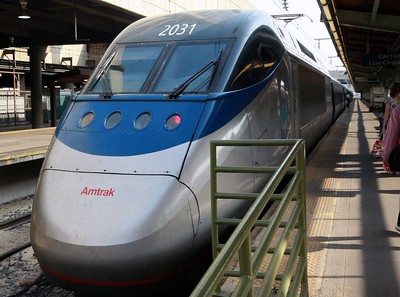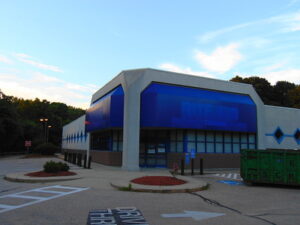In President Joe Biden’s State of the Union address, he talked about the Inflation Reduction Act (IRA) and its potential to create a half-million clean energy jobs. By itself, that’s a massive understatement.
The University of Massachusetts Amherst’s analysis shows that the bill would produce nine million clean energy jobs in the next decade. That figure includes both direct job creation, as well as tax-incentivized private industry jobs.
Filling these nine million new jobs depends primarily on having trained workers ready to step in. To date, community colleges have been slow to create programs that support clean energy jobs.
A few Michigan community colleges – like Henry Ford College and Mott Community College – have announced clean energy programs. Most other two year schools haven’t gotten the message. Even without the Inflation Reduction Act, the demand for clean energy is rising steadily. It will continue to rise as we attempt to lower or eliminate carbon emissions. New alternative energy jobs will outpace new coal and oil jobs for the first time ever this year.
In other words, the train is at the station.
Regardless of anyone’s particular politics, or whether they believe that climate change is or isn’t real, clean energy is happening.
Now.
The industry needs technicians to support all aspects of the transition. Energy providers (in every form) need community colleges to produce trained workers. If community colleges – like WCC – remain asleep on this, they – and the counties they serve – will be left out in the cold. (Literally.)
Energy jobs represent economic opportunity
It is hard to imagine that in Washtenaw County, where support for clean and alternative energy is through the roof, the local community college is doing nearly nothing to support the move to an alternative energy source.
Energy is like a perishable product. It has to be produced locally. Transmission losses reduce the effective yield of energy production, so the farther an energy producer needs to move power, the more power gets lost along the way.
Every state – including Michigan – must produce its own energy. But the energy must come from clean sources. No coal plants, no natural gas plants, no nuclear plants – unless the national position on nuclear energy changes radically.
That means wind, water, solar. As a state, Michigan isn’t good at solar. We can still use solar energy, but we must develop more efficient solar technology to make use of our sun exposure. Michigan has wind – which needs better battery and energy transmission technologies. We also have water, which requires heavy investment in hydro-electric facilities.
All the technology improvements in the world will not mean a thing if we do not have the technicians to fill the open energy jobs in the next decade.
Even if you still believe that we can sustain the current electrical grid and power production strategies (we can’t), the recent ice storms should have demonstrated that we do not have enough trained technicians to work on the existing power grid. There are literally tens of thousands of workers needed to support our current national electrical supply system. Minimally, WCC should be working with the IBEW to train line workers to support that.
There is an actual long-term NEED here to fill energy jobs. What is WCC doing about it?
Photo Credit: Bruce Tuten , via Flickr
























